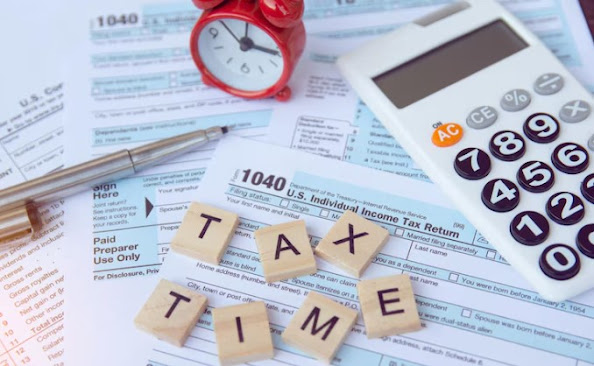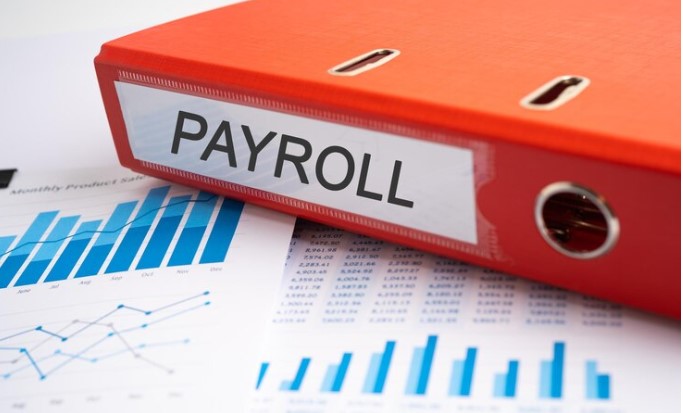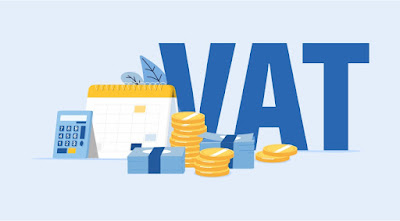Making the Most of Your Money: Expert Advice on UK Income Tax Returns and Refund
Income tax is an inevitable aspect of financial life for individuals and businesses in the UK. Understanding how to navigate the complexities of income tax returns and refunds in UK can significantly impact one's financial well-being. In this comprehensive guide, we'll explore expert advice on maximizing your money through effective tax planning strategies.
Introduction to UK Income Tax
The UK operates on a system where individuals and businesses
are required to pay tax on their income. Income tax is collected by Her
Majesty's Revenue and Customs (HMRC) and is used to fund public services such
as healthcare, education, and infrastructure.
Understanding Income Tax Returns
What is an income tax
return?
An income tax return is a document that taxpayers must file
with HMRC,
declaring their income, expenses, and other relevant financial information for
a specific tax year.
Who needs to file an
income tax return?
While not everyone is required to file an income tax return,
it is mandatory for individuals who are self-employed, have income from savings
or investments, or earn above a certain threshold.
Key Deadlines
and Important Dates
It's crucial to be aware of key deadlines and important
dates related to income tax returns to avoid penalties and fines.
Maximizing Deductions and Credits
Common
deductions and credits available
There are various deductions and credits available to
taxpayers, including those related to employment expenses, charitable
donations, and childcare costs.
Tips for
maximizing deductions
Keeping thorough records of expenses, staying organized
throughout the year, and seeking professional advice can help taxpayers
maximize their deductions and credits.
Navigating Tax Refunds
How tax refunds
work in the UK
Tax refunds are issued to taxpayers who have overpaid their
taxes or are eligible for certain tax credits. Refunds can be claimed through
the tax return process.
Factors
affecting the amount of tax refund
Several factors can affect the amount of tax refund,
including income level, deductions claimed, and changes in tax legislation.
Strategies for
Efficient Tax Planning
Year-round tax planning tips
Effective tax planning involves proactive measures such as
investing in tax-efficient vehicles, utilizing ISAs, and making strategic
financial decisions throughout the year.
Importance of seeking expert advice
Consulting with a tax advisor can provide valuable insights
and guidance on optimizing tax strategies to minimize liabilities and maximize
savings.
Common Mistakes to Avoid
Frequent errors made
during tax filing
Common mistakes include errors in calculations, missing
deadlines, and overlooking eligible deductions or credits.
How to avoid these mistakes
Taking time to review tax documents thoroughly,
double-checking calculations, and seeking assistance when needed can help
taxpayers avoid costly errors.
Utilizing Tax Tools and Resources
Recommended tools for tax calculation
Several online tools and software programs are available to
assist taxpayers with tax calculations, filing returns, and tracking expenses.
Online resources for tax-related queries
HMRC's official website provides a wealth of information and
resources, including tax guides, forms, and FAQs to address common tax-related
queries.
Staying Updated with Tax Legislation
The importance of staying informed
Tax laws and regulations are subject to change, making it
essential for taxpayers to stay updated on new developments and legislation.
Where to find
reliable updates
HMRC regularly
publishes updates and guidance on changes to tax legislation, while tax
advisors and professional organizations also offer valuable insights and updates.
Seeking Professional Assistance
Benefits of hiring a tax professional
Tax professionals can provide personalized advice, assist
with complex tax matters, and represent taxpayers in dealings with HMRC.
How to choose the right tax advisor
When selecting a tax advisor,
consider factors such as qualifications, experience, and reputation to ensure
you receive quality service and advice.
Optimizing Your Tax Strategy for the Future
Long-term tax
planning considerations
Planning for the future involves considering factors such as
retirement planning, estate planning, and succession planning to minimize tax
liabilities and maximize wealth preservation.
Adapting to changes
in tax laws
As tax laws and regulations evolve, it's essential to review
and adjust your tax strategy accordingly to remain compliant and take advantage
of new opportunities.
Conclusion
Navigating the complexities of UK
income tax returns and refunds can be daunting, but with expert advice
and strategic planning, individuals and businesses can maximize their money and
achieve financial success. By understanding key concepts, staying informed, and
seeking professional assistance when needed, taxpayers can optimize their tax
strategies and secure their financial future.
FAQs
What documents do I need to file my income tax return?
You'll typically need documents such as P60 forms, bank
statements, receipts for expenses, and any other relevant financial records.
How long does it take to receive a tax refund?
The time it takes to receive a tax refund can vary depending
on factors such as the method of filing, HMRC processing times, and any
additional verification required.
Can I claim tax deductions for work-related expenses if I'm
self-employed?
Yes, self-employed individuals can claim tax deductions for
legitimate work-related expenses, such as office supplies, equipment, and
travel expenses.
What should I do if I make a mistake on my tax return?
If you make a mistake on your tax return, you should notify
HMRC as soon as possible and provide corrected information to avoid potential
penalties or fines.
Do I need to file a tax return if I have no income?




Comments
Post a Comment